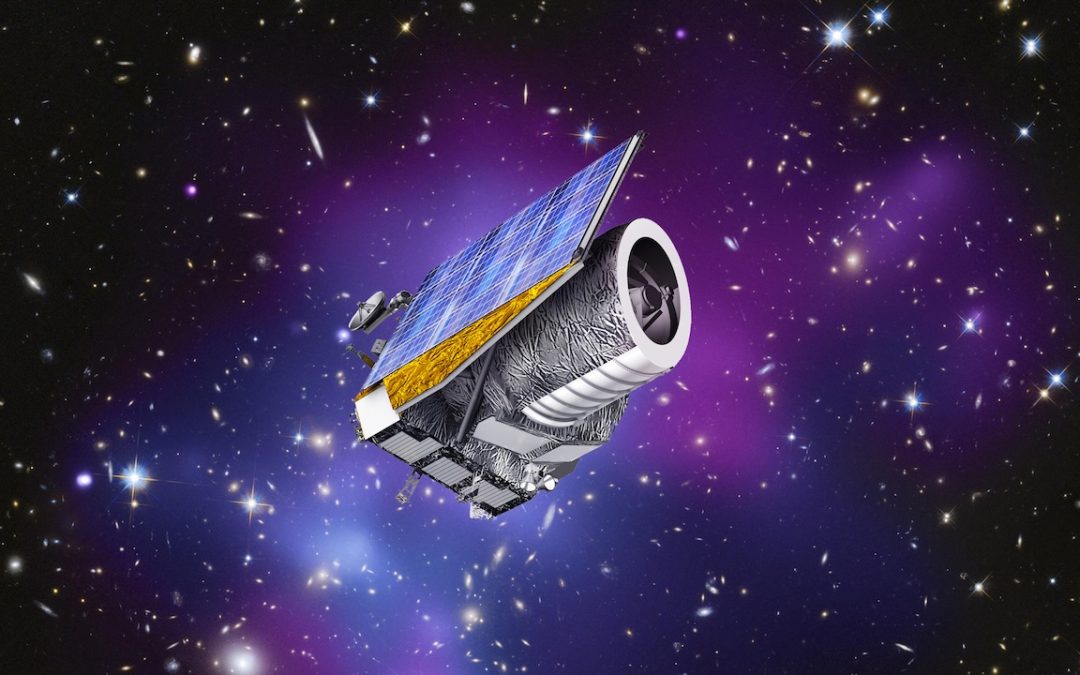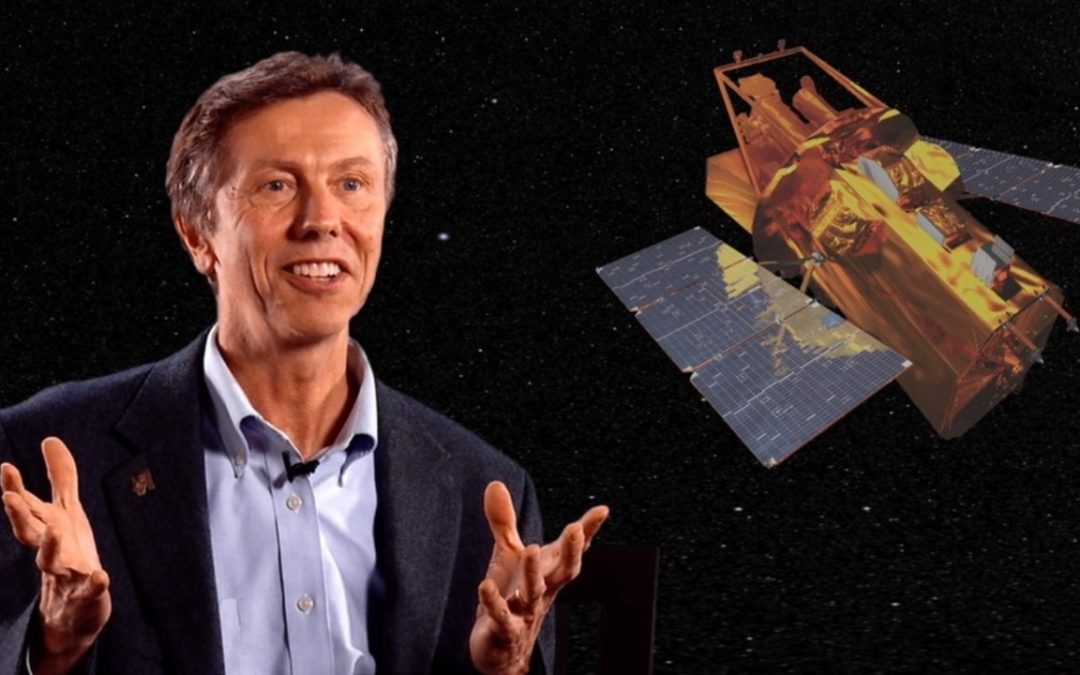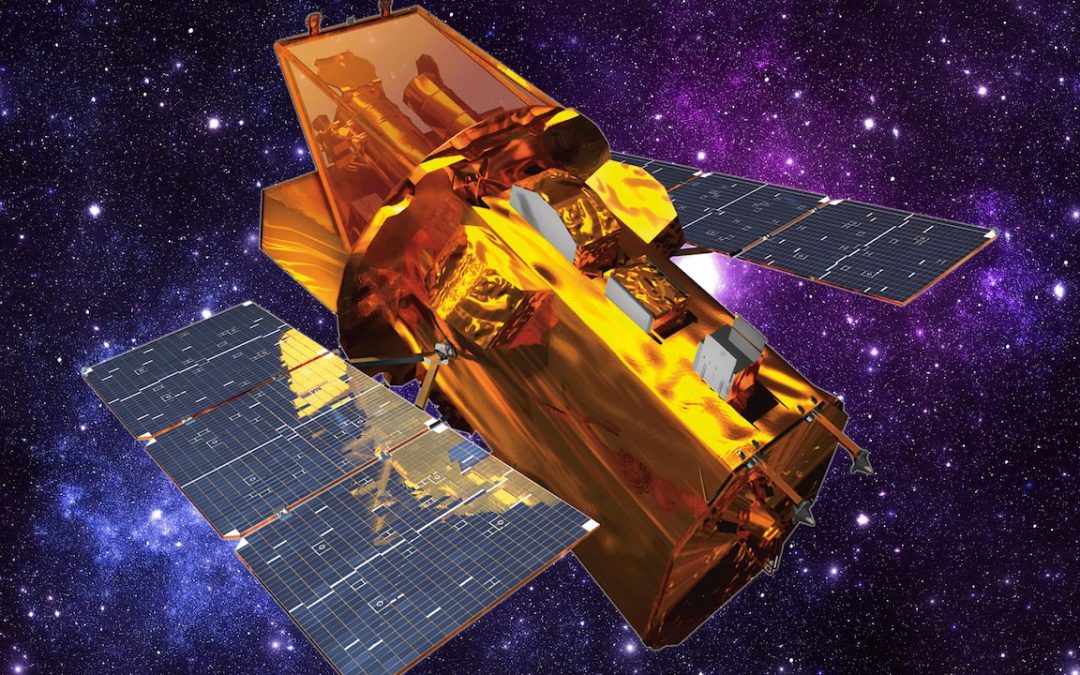Let’s look at the Euclid of Alexandria, the father of geometry and his contributions in celestial mechanics and orbital calculations.




Let’s look at the Euclid of Alexandria, the father of geometry and his contributions in celestial mechanics and orbital calculations.

Let’s look at the Euclid Space Telescope..

Last week we talked about the Neil Gerhels Swift Telescope, this week we’ll be talking about the man behind the mission.

Let’s look over the long life of the Neil Gehrels Swift Telescope as it watches for the multi-spectral flashes of high energy explosions.
Recent Episodes

Take a fact-based journey through the cosmos. Tune in to hear weekly discussions on astronomical topics ranging from planets to cosmology. Hosted by Fraser Cain (Universe Today) and Dr. Pamela L. Gay (Planetary Science Institute), this show brings the questions of an avid astronomy lover direct to an astronomer. Together Fraser and Pamela explore what is known and being discovered about the universe around us. Astronomy Cast is supported thru patreon.com/AstronomyCast.
Astronomy Cast Ep. 762: Science in Crisis – NASA’s New Budget By Fraser Cain & Dr. Pamela Gay Streamed live on Jun 30, 2025. Hosted by: Fraser Cain and Dr. Pamela L. Gay Normally we try to end the season on a high note. But there’s unfolding news that we just HAVE to cover before we leave you for the summer. NASA’s new budget is here, and it’s 25% smaller. We’ll cover what the changes are and try to understand the implications. It’s a bad decade to be a researcher. We’re going to look at why, and what US cuts will mean for the world. SUPPORTED BY YOU This Episode is made possible thanks to our Patrons on Patreon. Join at the Galaxy Group level or higher to be listed in our YouTube videos. Thanks to: BogieNet, Stephen Vei, Jeanette Wink, Siggi Kemmler, Andrew Poelstra, Brian Cagle, David Truog, Ed, David, Gerhard Schwarzer, Sergio Sancevero, Sergey Manouilov, Burry Gowen, David Rossetter, Michael Purcell, Jason Kwong
